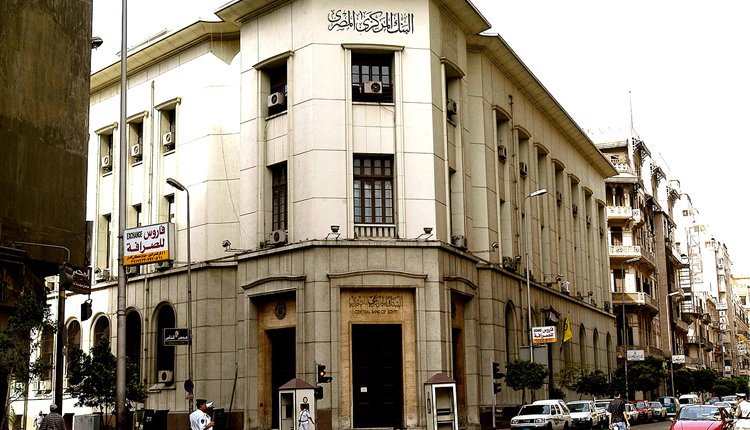The Monetary Policy Committee (MPC) of the Central Bank of Egypt (CBE) kept interest rates on hold on Thursday, Nov. 15 for the fifth time this year, meeting the expectations of experts and investment banks.
MPC set the overnight deposit rate and the overnight lending rate at 16.75 percent and 17.75 percent, respectively.
During the meetings of September, August, June and May, MPC also kept the interest rates unchanged after lowering them twice earlier this year by 1 percent each time.
The experts’ predicted keeping the rates on hold due to the high rise of inflation rates during October, the continuity of events in emerging markets, and the global rise of US dollar, in addition to the postponement of the state’s initial public offering program.
Emerging markets were affected by an exit wave of foreign investments in government debt instruments during the second quarter of 2018 as the US dollar rose, raising fears from the economies of these markets, especially after the crises of Turkey and Argentina.
The acquisition of foreigners in government treasury bills fell to $13.1 billion at the end of September from a record of $21.1 billion in March, head of research at Pharos Radwa el- Swaify told Enterprise.
Egypt had witnessed the exit of $8.4 billion between April and September, she added.
CBE announced earlier that foreign investments in treasury bills declined in July to 269.1 billion Egyptian pounds, compared to 299.1 billion pounds in June.
As per inflation, the annual inflation rate hit 17.5 percent in October 2018, compared to 31.8 percent in October 2017. Egypt’s annual core inflation rate rose to 8.86 percent in October 2018 from 8.55 percent in September 2018, according to a report.
Moreover, Egypt delayed listing some shares of state-owned companies on the Egyptian Exchange, as it should have listed about 4.5 percent of Eastern Company in October.
The government attributed the delay to the global market volatility, noting that if the shares were floated, they would have failed to be covered at proper valuation.
In 2016, Egypt announced the launch of the government’s IPO program to offer shares over three to five years in several state-owned companies in fields such as petroleum, services, chemicals and real estate.
Previously, HC Securities & Investment expected that the Monetary Policy Committee (MPC) will keep rates unchanged in the fourth quarter of 2018, with anticipations that inflation will hit 14.8 percent from September to December.
Banking expert Mohamed Abdel Aal told a local newspaper that the growth of some factors, such as the rise of inflation rates in October, the decline in the net foreign exchange assets in banking sectors, retaining the attractiveness of the Egyptian currency, and keeping the flow of remittance from expatriates, attract foreign investors and help face fierce competition from some countries which raised interest rates.
He noted that all these factors should push MPC towards raising interest rates by 100 or 200 basis points but within the pressure of the coordination requirements between monetary policy and finance, where the Ministry of Finance aims to reduce the deficit in the local budget, especially as any increase in interest rates by 1 percent increases the state budget deficit by an average of 35 billion Egyptian pounds.
The banking expert expected MPC to keep interest rates at their levels.
source: Ahram online
